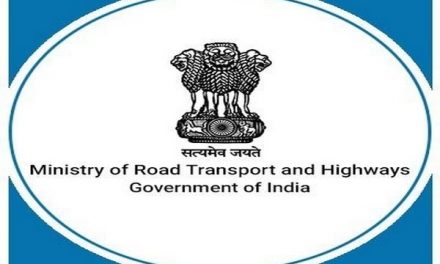Incomes Without Tax: It is generally believed that one can’t have the best of both the worlds, especially when it comes to income and taxation. The more one earns, the more would be the tax liability. But, not many people are aware that this is not completely true and there exist certain types of income for which your income tax liability is zero.
“Such incomes are not added to your total taxable income for that assessment year and thereby remain tax-free. Section 10 of the Indian Income Tax Act of 1961 lists the various incomes that come under this category,” says Adhil Shetty, founder & CEO of BankBazaar.com.
Incomes Without Tax:
- Monetary Gifts from Relatives – Gifts received by anyone in India is taxed in the hands of beneficiary. Further, Section 56(2)(x) of Income Tax Act, provides that where a person receives any sum of money without consideration, aggregate value of which exceeds Rs 50,000, it shall be chargeable to tax under income from other sources in the hands of that person except when it is is received from relatives such as spouse of the individual; brother or sister of the individual; brother or sister of the spouse of the individual; brother or sister of either of the parents of the individual; any lineal ascendant or descendant of the individual; any lineal ascendant or descendant of the spouse of the individual; spouse of the person referred to in clauses (ii) to (vi). In this case, monetary gift received from relative as mentioned above would not be taxable in the hands of NRI.
- Agriculture Income – To boost the agricultural sector as a whole, the Indian Income Tax Act of 1961 exempts any income one generates through agriculture from tax liability. However, agriculture income is included while computation, for the limited purpose of determining the tax rate, in computing the income tax liability if the net agricultural income exceeds Rs 5,000, and total income, excluding net agricultural income, exceeds applicable basic income exemption of Rs 2,50,000. Currently, the basic income exemption for an individual of age between 60 and 80 years is Rs 3 lakh and the basic exemption for an individual above 80 years of age is Rs 5 lakh.
- Income from gratuity – Gratuity is paid by the employer as part for gratitude for acknowledging the employee’s long-standing meritorious service. Gratuity received by any government employee is fully exempted from income tax. For non-government employees covered by the payment of Gratuity Act of 1972, the least of the three is exempted from income tax.
- Allowance for foreign services – Any Indian resident rendering service outside the country and receiving any allowances or perquisites outside the country remain tax free under Section 10(7) of the Income Tax Act. This section makes it possible for government servants to accumulate tax-free perquisites and allowances they might receive when working outside India.
- Shares from a Partnership Firm – If you are a partner of any partnership firm, any share you may have in the total income of the firm is exempt from income tax obligation. As per section 10(2), any partner or partners are not liable to pay tax on income which is exempt in the hands of any partnership firm. Any other funds received by the partner of a partnership firm or LLP other than the share of profits, such as any remuneration or interests, remain taxable. But the interest on capital or remuneration received by the partner is not exempt.












